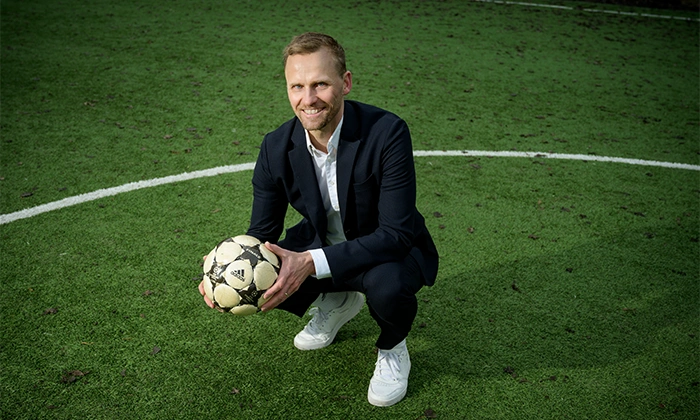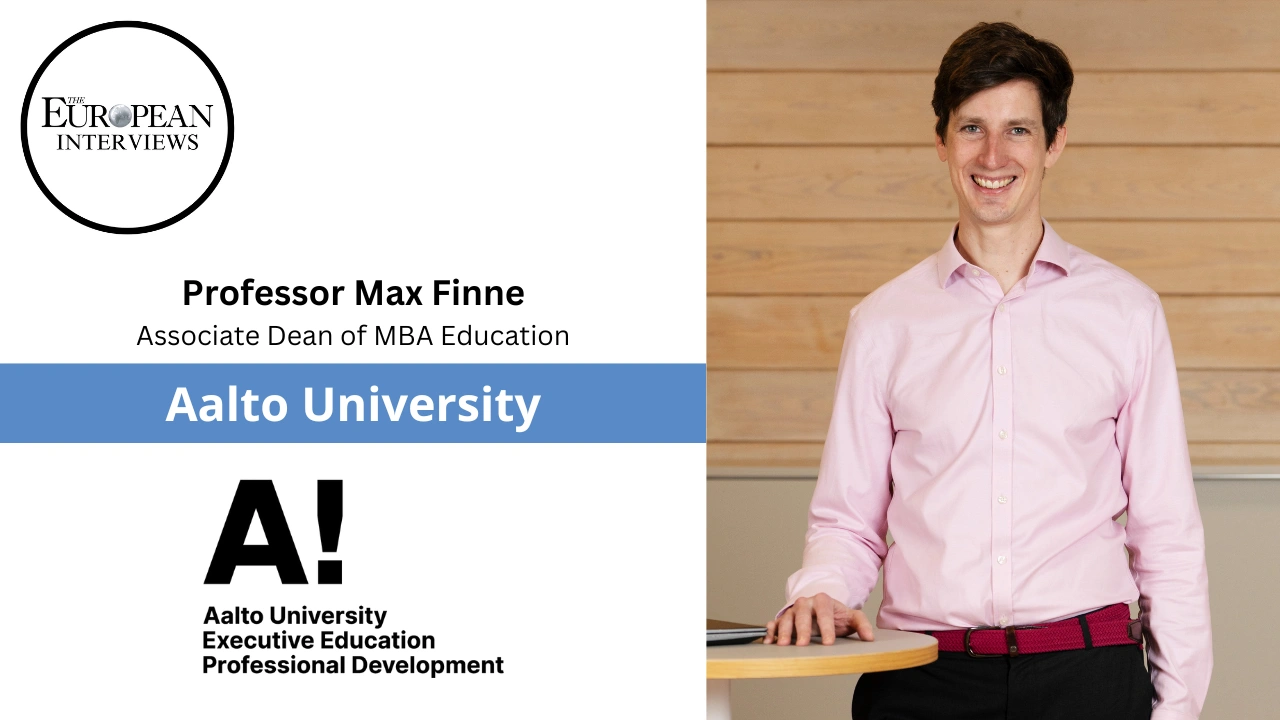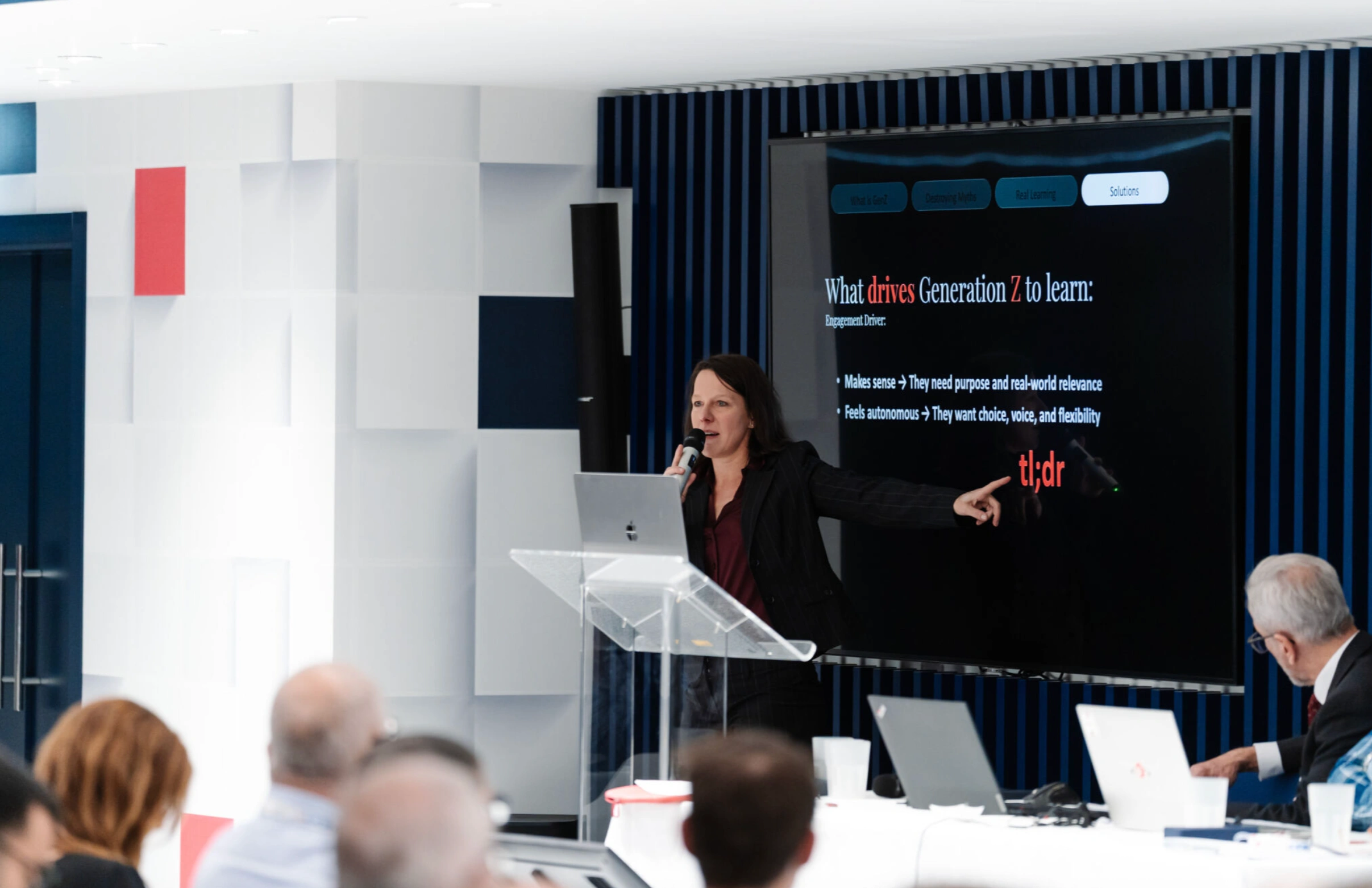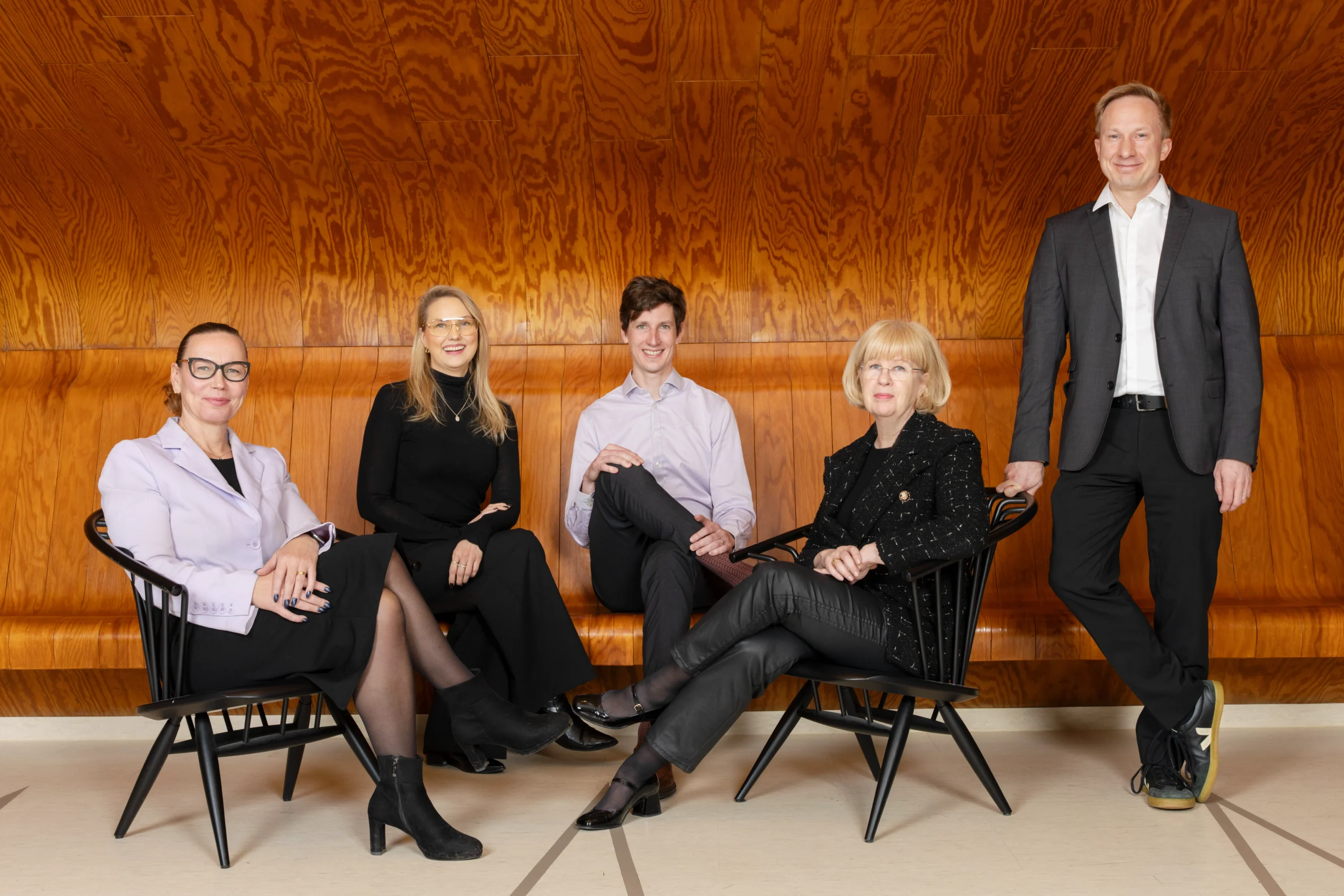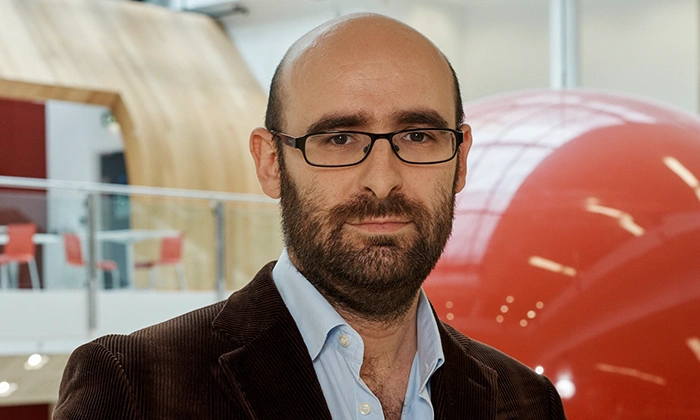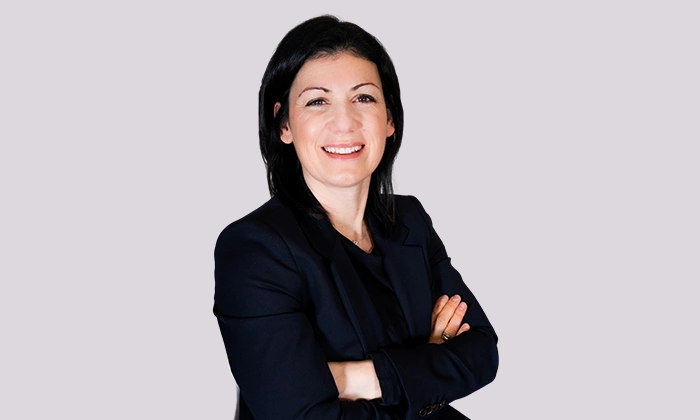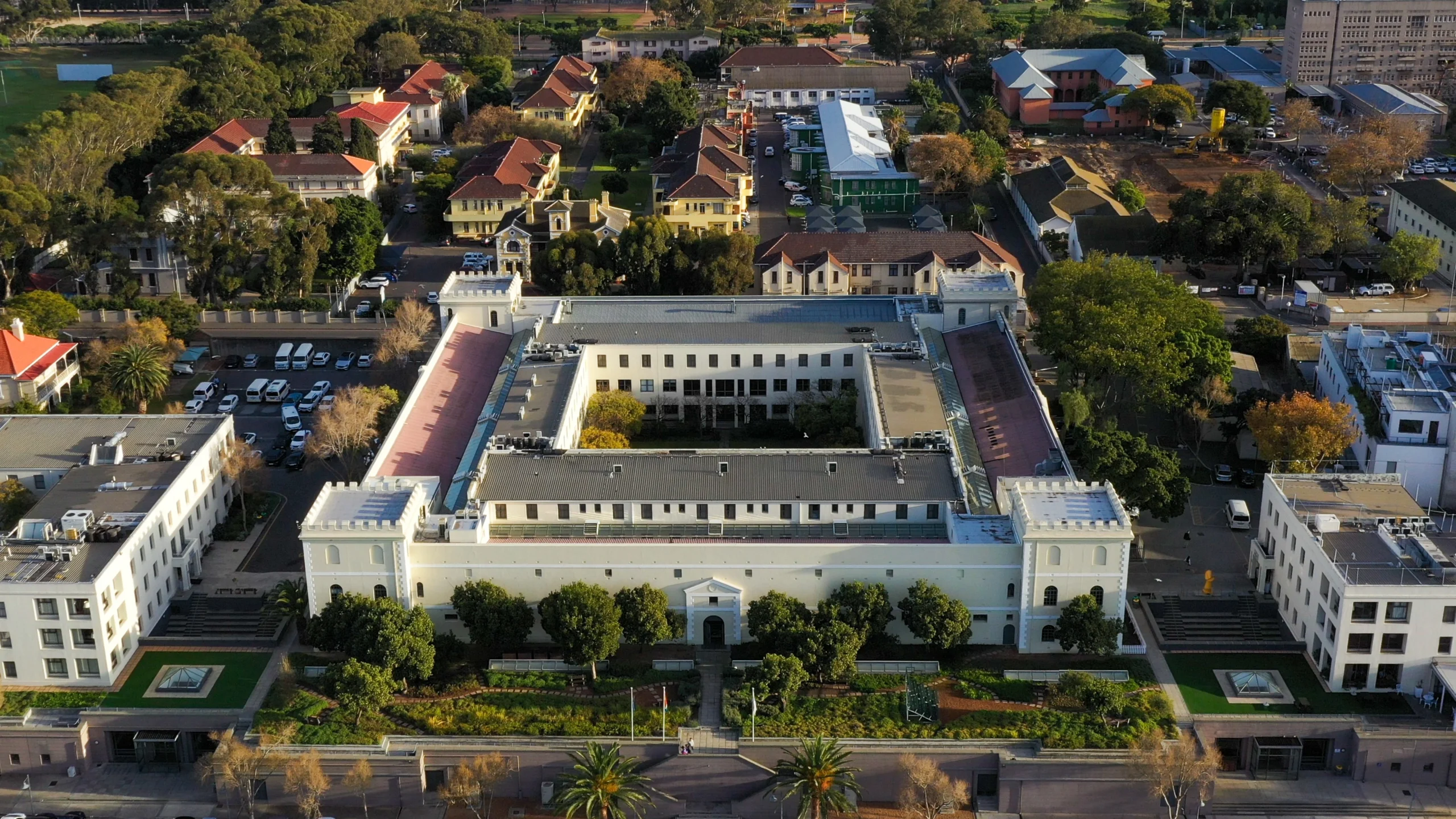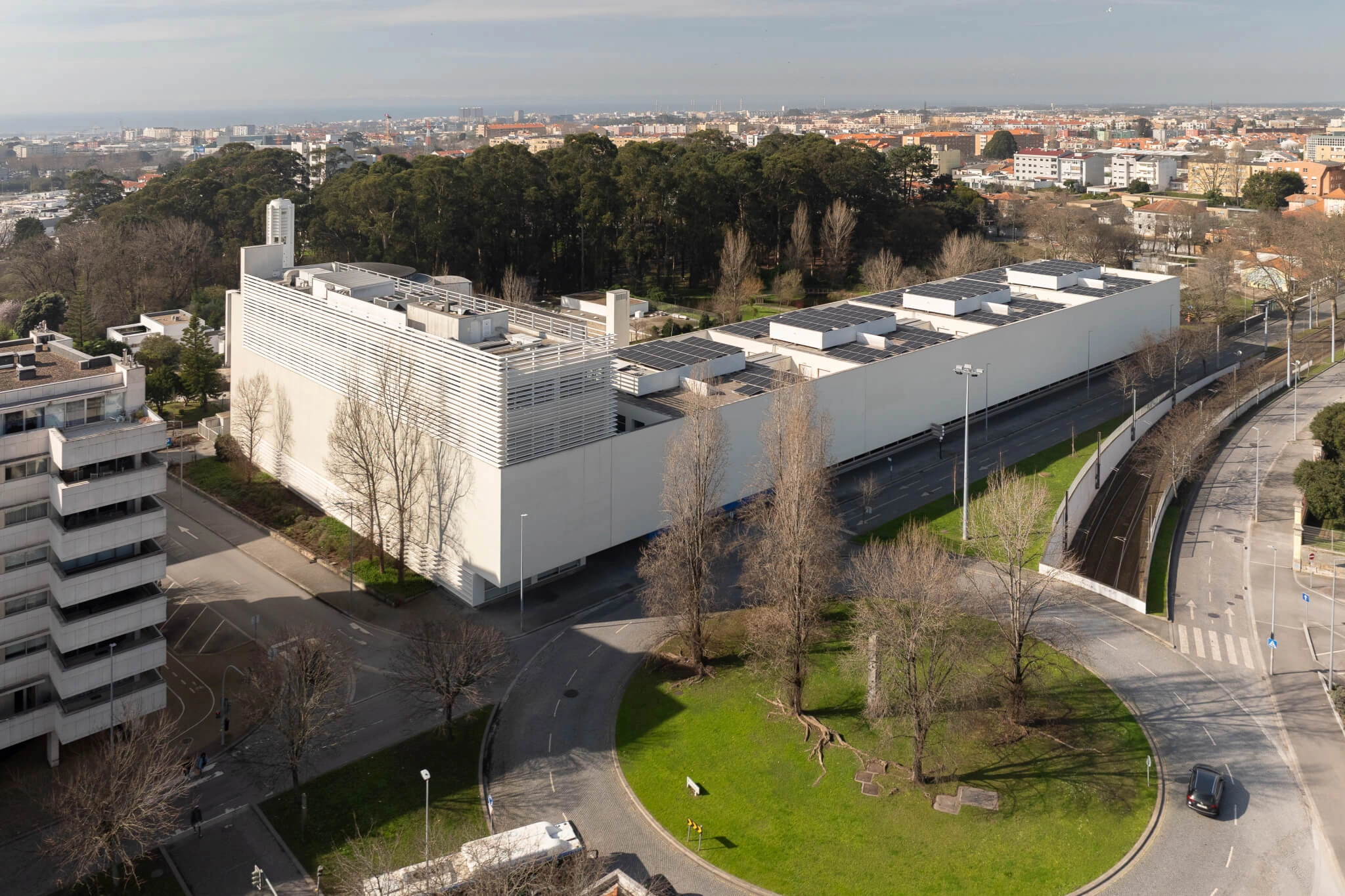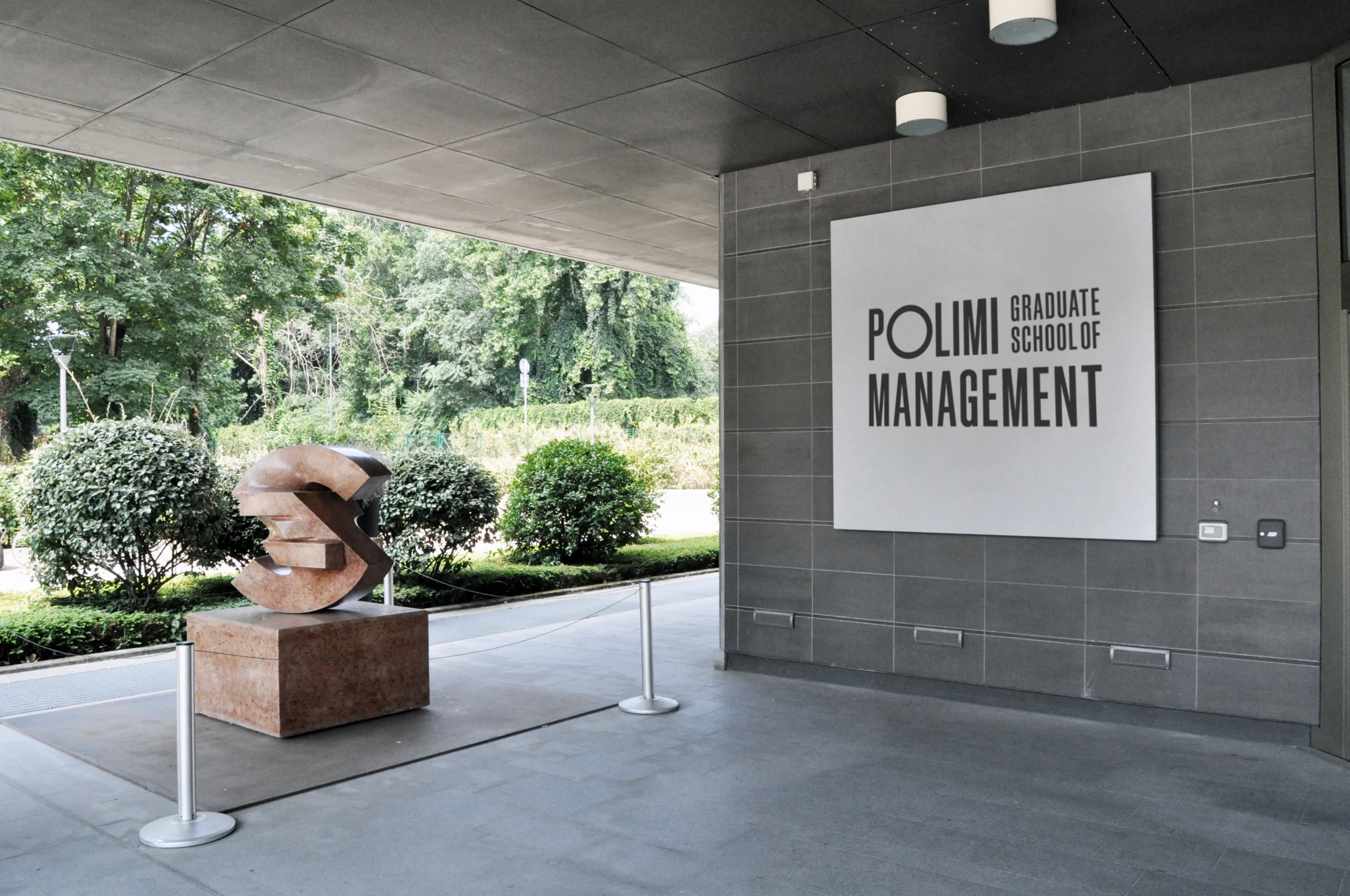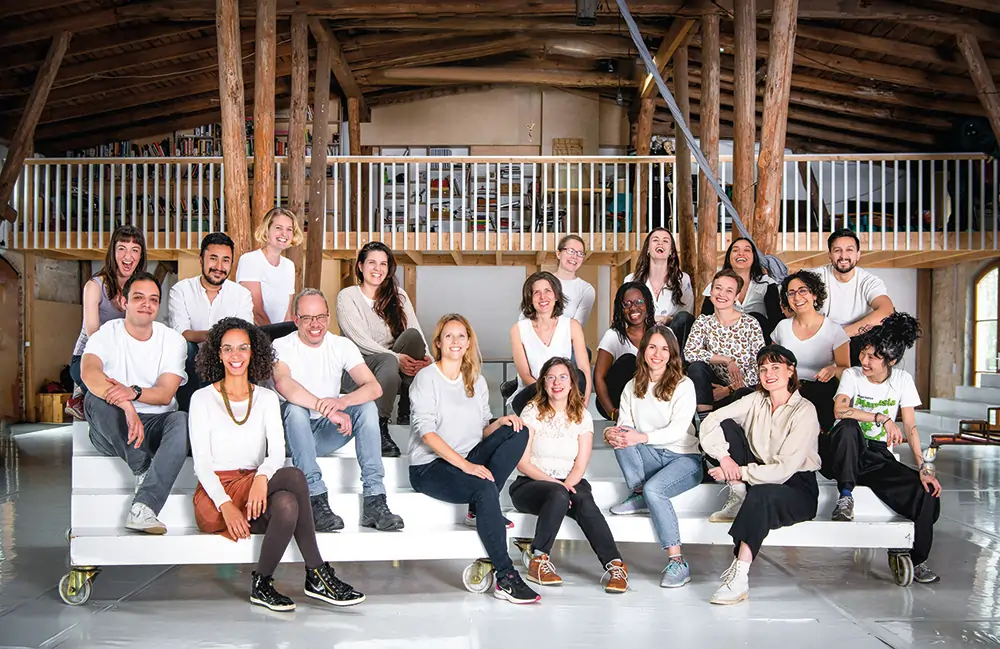Doing well by doing good

John E. Kaye
- Published
- Executive Education, Home

There is no single accepted definition of social mobility. In sociological terms, social mobility is the ability of an individual to move up or down from one social class to another. In socio-economic terms it is defined by changes in income and wealth. Concerns around social mobility arise due to increasing inequalities in the UK and many other developed economies. Where there is great inequality, the advantages for those at the top are considerable, while the consequences for those stuck at the bottom of society are extremely serious. But who has responsibility for social mobility?
The quote, “do well by doing good” has been attributed to Benjamin Franklin. Education can help create a level playing field, but employers can contribute greatly. The Open University was established with a clear social justice mission to widen educational opportunities. In our 50th year, more than two million learners have achieved their potential. Our mission remains as relevant as ever.
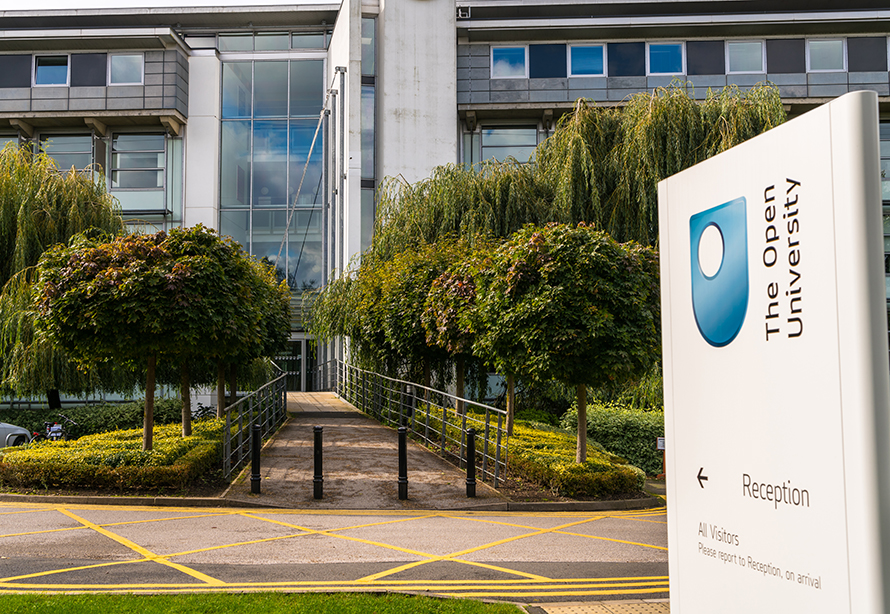
Unconscious bias
Breaking down barriers requires leadership. A strong leading force can help to combat the unconscious bias that can exist on any level of an organisation. Increasing diversity is one way of tackling this, but monitoring key characteristics alone does not address lack of progress when approaching challenges of gender, ethnicity, disability, sexual orientation and socio-economic status.
In addition to recruitment processes that work against social mobility; many workplace policies, procedures and practices also fail disadvantaged and vulnerable groups. More widely, products and services reflect a bygone era of employee and customer demographics. Many organisations fail to recognise the challenges facing future generations and the consequences of them being left behind.
Open University MBA alumnus, Tillmann Henssler, of Pfizer, was recently awarded an ‘International Influential Leader’ award by the Association to Advance Collegiate Schools of Business (AACSB) for reducing unconscious bias by promoting change for disabled employees in the workplace. Having a champion is great. Real change requires a sustained, integrated approach to transformation.
Sustainable futures
Tackling social mobility takes money and effort but benefits us all in the long run. It leads to a more sustainable future for all. Organisations that do not reflect or resemble their customers or communities cannot be sure they serve them well. Failure to consider latent talent and potential over family background, ethnicity, gender, sexual orientation or disability represents a massive waste of potential in society. Employers have much to gain from development of new commercial and sustainable products and services that support social mobility. While governments need to lead, we all have good reason to follow.
Further information
For more executive education news, follow The European.
RECENT ARTICLES
-
 Hannu Tihinen on strategy, leadership, and the value of an EMBA
Hannu Tihinen on strategy, leadership, and the value of an EMBA -
 European MBAs adapt to AI as Aalto overhauls executive education
European MBAs adapt to AI as Aalto overhauls executive education -
 From dialogue to action: how emba X prepares leaders for a new era of responsible innovation
From dialogue to action: how emba X prepares leaders for a new era of responsible innovation -
 How Europe can learn faster: turning AI into safer, smarter adult training
How Europe can learn faster: turning AI into safer, smarter adult training -
 Aalto EE launches Aalto Tech EMBA to equip executives for digital transformation
Aalto EE launches Aalto Tech EMBA to equip executives for digital transformation -
 Supply chains are being remade. Leadership must be too
Supply chains are being remade. Leadership must be too -
 Why the real barrier to AI success sits in the boardroom
Why the real barrier to AI success sits in the boardroom -
 ETH Zurich and the University of St.Gallen redefine executive education with emba X, a new model of responsible leadership
ETH Zurich and the University of St.Gallen redefine executive education with emba X, a new model of responsible leadership -
 Why leadership is the strongest defence in South Africa’s schools
Why leadership is the strongest defence in South Africa’s schools -
 Porto Business School launches executive programme on AI strategy
Porto Business School launches executive programme on AI strategy -
 POLIMI Graduate School of Management strengthens global reputation in MBA and master’s rankings
POLIMI Graduate School of Management strengthens global reputation in MBA and master’s rankings -
 Trinity Business School strengthens standing in global MBA rankings
Trinity Business School strengthens standing in global MBA rankings -
 Meet the class of 2025… and their children. Why mid-life university learning is on the rise
Meet the class of 2025… and their children. Why mid-life university learning is on the rise -
 University of Michigan launches executive programme for chief data and AI officers
University of Michigan launches executive programme for chief data and AI officers -
 International education: A vision for global citizens
International education: A vision for global citizens -
 How to create lasting social change? Build a community
How to create lasting social change? Build a community -
 Tomorrow’s world needs Dyslexic Thinking
Tomorrow’s world needs Dyslexic Thinking -
 Why family therapy is the best investment you can ever make
Why family therapy is the best investment you can ever make -
 How EQ can give us the edge over AI
How EQ can give us the edge over AI -
 A true root and branch approach
A true root and branch approach -
 It's fine to say you're not ok
It's fine to say you're not ok -
 Are you willing to change with your organisation?
Are you willing to change with your organisation? -
 Emerging markets: Online learning for women unlocks economic potential
Emerging markets: Online learning for women unlocks economic potential -
 A programme of urgent importance
A programme of urgent importance -
 Why progress is not parity
Why progress is not parity

